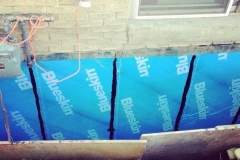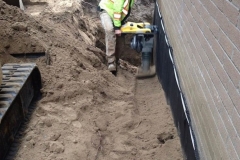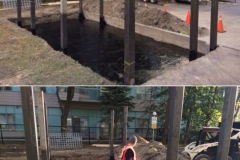Waterproofing is the process of utilizing certain materials and proper drainage to prevent water infiltration into the structural elements of a building or its finished spaces. Concrete foundation walls and parking garage structures, due to being in contact with humidity and soil, are prone to water damage, making waterproofing critical. Water infiltration into a basement through the foundation walls can lead to mold growth and low air quality. This typically is caused by hydrostatic pressure build-up by water in the soil surrounding the foundation. Hence, proper waterproofing of foundation walls is of utmost importance.
Exposed surfaces such as garage decks, balconies or rooftops are exposed to water damage periodically. As such, it is necessary to check how long the current waterproofing membrane is rated to last. Once passed the rated lifetime, remedial work shall be carried out immediately to avoid water damage and concrete delamination.
Waterproofing is a costly yet vital step in construction and property maintenance. Failing to waterproof a structure can result in significant damage to a state of complete dilapidation. These damages can be summarized as below:
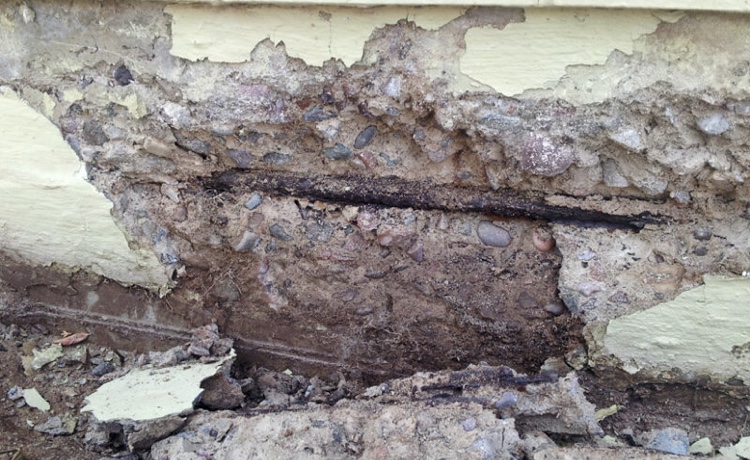
Reinforcement Corrosion
One of the ways improper waterproofing can affect a property is through corrosion of steel reinforcing bars. This phenomenon occurs due to water seepage into the concrete, reaching the steel reinforcing bars through the pores of concrete. As long as improper waterproofing is in place, corrosion will continue to progress. Such condition can be diagnosed through leakage of rusted water on the surface of concrete or by rusted reinforcing bars exposed due to concrete spalling. As part of the remediation process, the rusted metal has to be properly cleaned of rust, treated, or removed and replaced entirely to restore the structural integrity of a property.
Concrete Spalling
Another sign of poor waterproofing of a building is spalling of concrete, i.e. when the cover concrete starts to break off in fragmented pieces. There are two main reasons behind spalling:
- Moisture can weaken the cement in the mortar causing breaking and spalling of chunks of concrete
- Increase in the volume of water infiltrated to the pores of concrete can build-up pressure against concrete leading to spalling
Spalling can leave a building dilapidated and expose the reinforcing bars to rust.
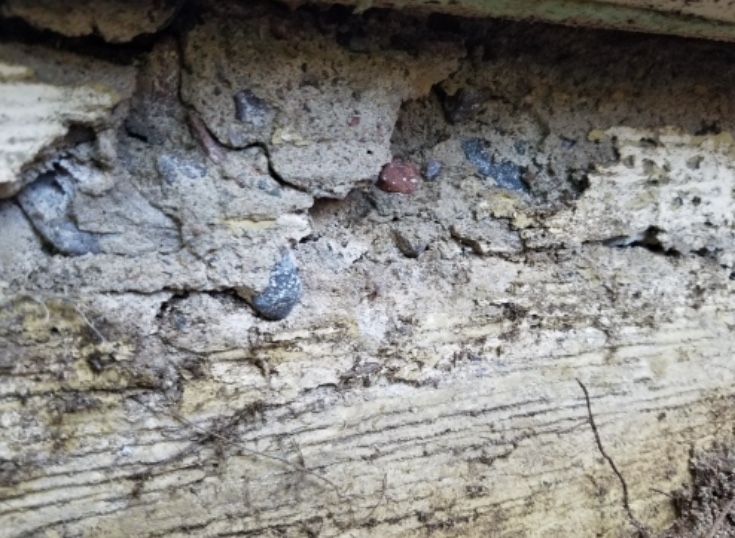

Mold / Algae Growth
Mold and algae are also signs of moisture damage in a property. The two can form and grow when a foundation is damp for a long period of time.
Low Indoor Temperatures
One of the side effects of water penetration into a building, is temperature drop. The floors and walls of such building would feel cold when touched. Consequently, the interior space of the building will feel cold as well. In cold months of winter, this phenomenon can keep indoor temperatures very low, forcing the occupants to use a lot of energy to keep the building warm.
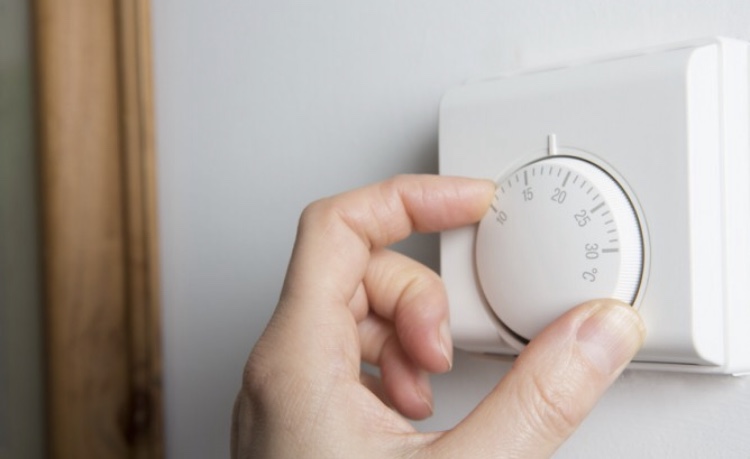
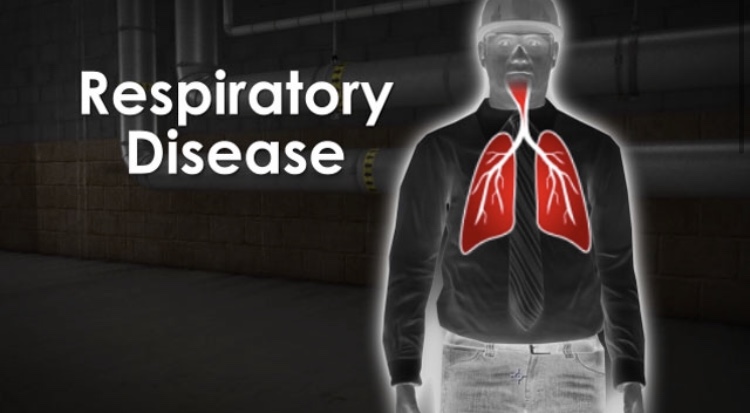
Respiratory Diseases
Last but not least, poor waterproofing can also cause respiratory diseases if not remedied. This can be attributed to various factors such as low temperature of the indoor spaces as well as inhaling allergens due mold, algae, and other fine particles in the air. As a result, illnesses such as cold, asthma, and bronchial infections will occur for those residing in affected areas of a building in the long term.
Corcon Construction specializes in waterproofing of:
- Suspended garage slabs
- Foundation walls
- Balcony slabs
- Concrete structures
- Masonry walls
- Commercial garage decks
- Elevator shafts
- Hydro vaults
- Electrical rooms
- Concrete water holding structures
- Pools
- Rooftops
We perform waterproofing utilizing various methods that are customized to any task or budget:
- Polyurethane injections
- Crystalline coatings
- Epoxy membranes
- Elastomeric membranes
- Hot applied membrane
- Mastic membrane
- Thin system membrane
- Cementitious waterproofing
- Liquid waterproofing membrane
- Bituminous Coatings
- Polyurethane liquid membrane

